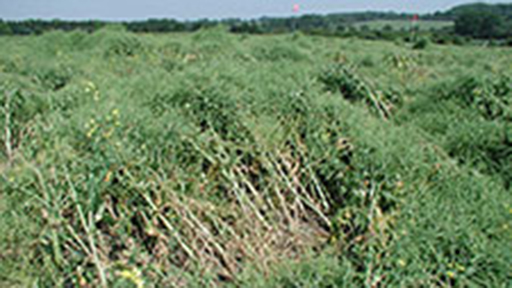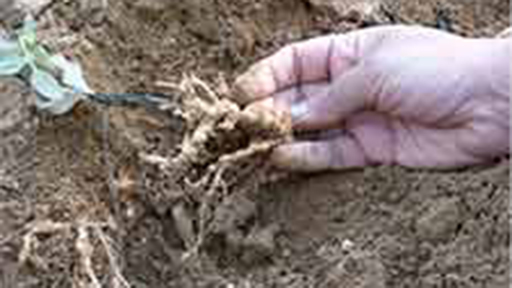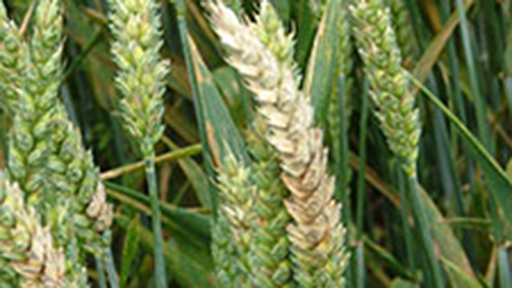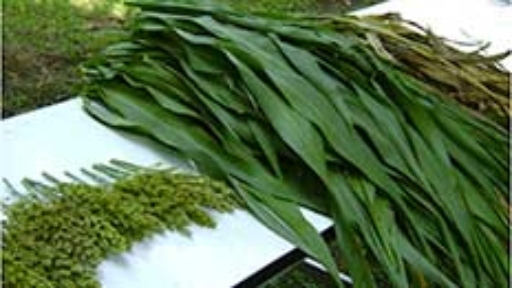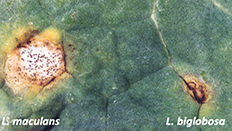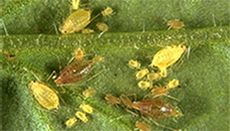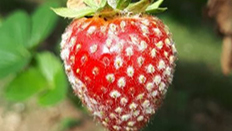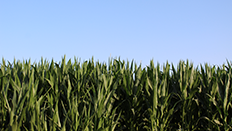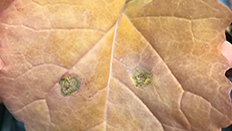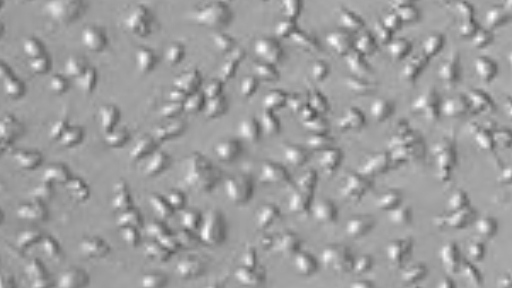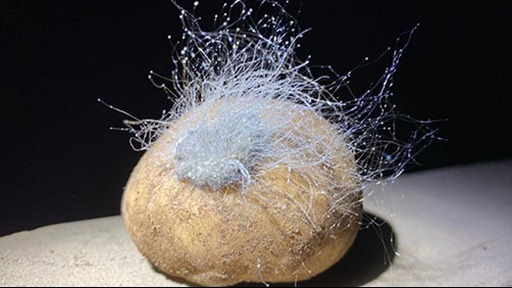Crop protection and climate change
The Crop Protection and Climate Change Group focuses on sustainable, environmentally friendly strategies for control of crop pests and diseases.
Threats to food security from crop pests and diseases are now being exacerbated by climate change and the evolution of resistance to pesticides by insects, weeds and fungal pathogens.
Our work seeks to understand crop resistance against pathogens and to optimise the use of synthetic chemicals in a changing environment (climate change adaptation) and to decrease agricultural greenhouse gas emissions by efficient pest and disease control (climate change mitigation).
It focuses on the protection of oilseed rape, wheat, strawberry and potato crops, especially phoma stem canker (Leptosphaeria maculans and L. biglobosa) and light leaf spot (Pyrenopeziza brassica) on oilseed rape, fusarium ear blight (Fusarium graminearum and F. asiaticum) on wheat, strawberry powdery mildew (Podosphaera aphanis) the nematodes Globodera spp. on potatoes and several arthropod pests of arable and horticultural crops.
Work is being done to understand epidemiology and contribute to effective control of these pests and diseases in relation to climate change to contribute to sustainable agriculture and global food security.
Three visiting professors from Rothamsted Research are associated with this group.
- Professor Jon West
- Professor Fred Beaudoin
- Professor Jonathan Storkey
Visiting Professor
Retired Professor from UH, still active in research with Thailand, is associated with this group
